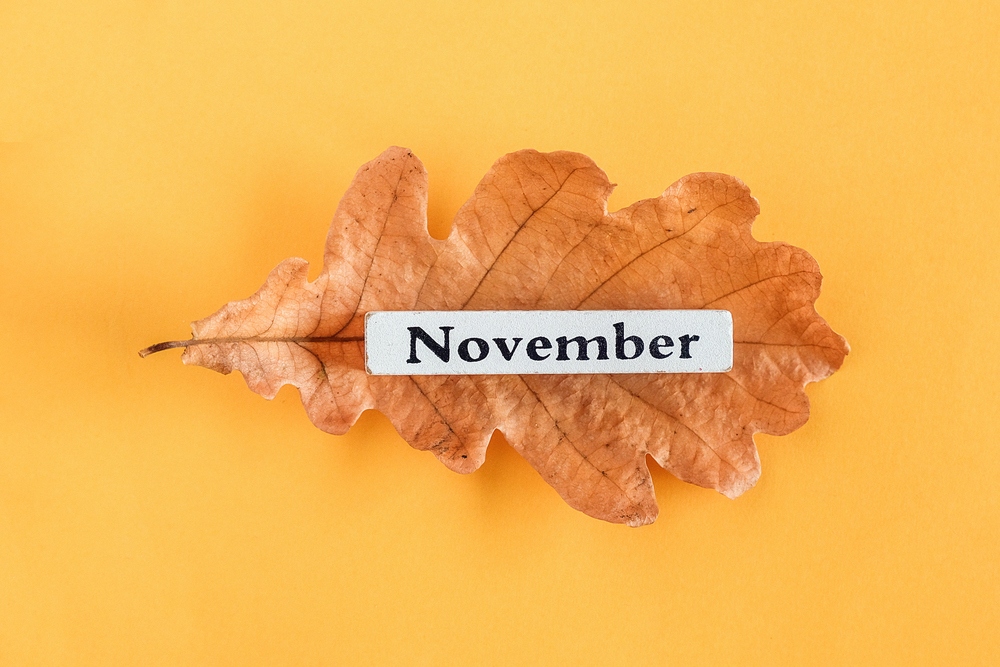How to Prevent Losses from Liquor Liability Coverage Errors

By: Julie Carter
Which of your commercial clients needs to purchase liquor liability insurance? That depends. Does the state require the coverage? Does the client’s commercial general liability policy include liquor liability? And when do you have a duty to recommend this type of coverage, anyway?
According to the National Conference of State Legislatures, 30 states have dram shop laws that make it possible for licensed establishments which sell or serve alcohol to be held liable for injuries or death that occur as a result of a patron’s intoxication.
Laws vary by state, but settlement figures and verdicts do not: The average verdict for drunk driving-related deaths surpasses $1 million. That’s not surprising considering one in four liquor liability claims Swiss Re Corporate Solutions receives involve death claims. Regardless of dram shop law, judges and juries often readily award significant monetary compensation to victims of drunk drivers.
In many cases, the prime candidates for liquor liability insurance are obvious: bars, liquor stores, clubs and the like. But while caterers, convenience stores, gas stations and more may not focus primarily on alcohol sales, many still serve or sell it. In other cases, establishments may be part of a building that also houses other businesses that have nothing to do with the sale or service of alcohol. Liquor liability insurance may be an afterthought, or the client may assume they have coverage under a CGL policy.
It’s easy to assume too much. E&O carriers see many claims in which liquor liability coverage was a subject of confusion for the agent, client or both. Clients typically refrain from purchasing the coverage because of cost, ignorance of state laws, or a property or business change they do not communicate to the broker.
Each state imposes its own legal standard regarding agent and broker duties. Do you have a duty to inquire about liquor liability insurance needs, or inform the client about legal requirements? To be proactive about liquor liability insurance with all your commercial clients, ask yourself these questions:
- Do you know your state’s dram shop laws?
- Does the client’s business involve alcohol in any way?
- Does the client’s CGL policy provide this coverage (rare), or do you need to add it via endorsement with an additional premium (the norm)?
- If an endorsement is available, did you recommend, apply for and procure it?
- Did you personally visit the establishment or view the property online?
- At renewal, did you ask the client about any changes regarding the business, including adding, expanding or omitting alcohol sales or service?
- Did you document the file regarding any discussion of coverage, or a refusal to purchase the coverage?
Your clients may overserve their customers. Don’t underserve yours.
Julie Carter is an assistant vice president, claims specialist with Swiss Re Corporate Solutions and works out of the office in Overland Park, Kansas. Insurance products underwritten by Westport Insurance Corporation, Overland Park, Kansas, a member of Swiss Re Corporate Solutions.










